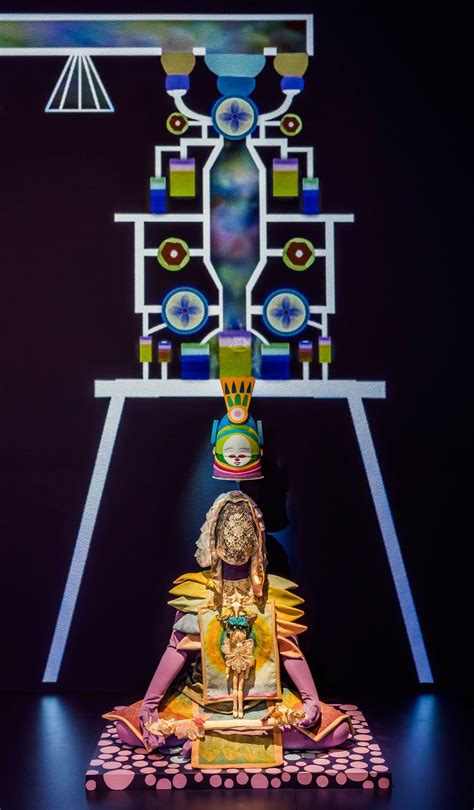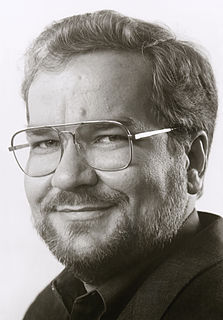A Quote by Al Gore
Surveillance technologies now available - including the monitoring of virtually all digital information - have advanced to the point where much of the essential apparatus of a police state is already in place.
Related Quotes
The Baathist state did two things extremely well. One was create information-gathering intelligence networks and a filing system. There's actually a lot of information on a lot of people and that is a major achievement of a police state. The second one is the promotion of literature and poetry, and the arts generally. So this is a state that's producing mass police archives - surveillance - and poetry. And in fact a lot of the archives are about what poets are writing or what they should be writing.
The combination of the growth of these digital technologies, the ability of the government to conjure up these secret interpretations, plus a very unusual and novel court make for this ever-expanding surveillance state. We so treasure our freedoms; we will regret it if our generation doesn't use this unique time to reform the surveillance laws and make it clear that security and liberty are not mutually exclusive. We can do both.
Digital technologies are setting down the new grooves of how people live, how we do business, how we do everything--and they're doing it according to the expectations of foolish utopian scenarios. We want free online experiences so badly that we are happy to not be paid for information that comes from us now or ever. That sensibility also implies that the more dominant information becomes in our economy, the less most of us will be worth.
Drug offenses ... may be regarded as the prototypes of non-victim crimes today. The private nature of the sale and use of these drugs has led the police to resort to methods of detection and surveillance that intrude upon our privacy, including illegal search, eavesdropping, and entrapment. Indeed, the successful prosecution of such cases often requires police infringement of the constitutional protections that safeguard the privacy of individuals.


































